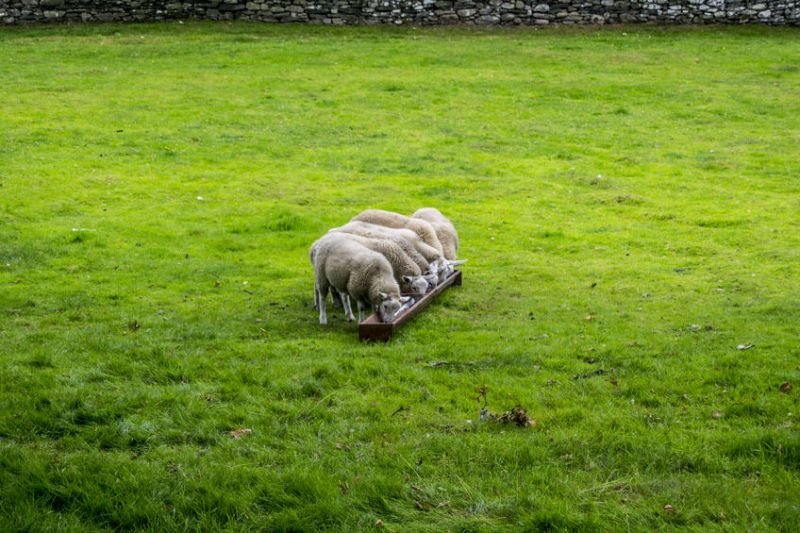
The latest farm income forecasts show how 'exposed' Welsh agriculture is to market volatility and to other factors outside a farmer’s control, NFU Cymru warns.
Forecast figures for farm incomes in Wales for the year to March 2019 show that average farm income is expected to decrease by 15% to £29,500 compared to the previous year.
Forecast incomes for dairy are down 23%, less favourable area (LFA) cattle and sheep farms down 9% and lowland cattle and sheep farms down a substantial 29%, with farm business income at just £17,000.
It comes as farmers continue to struggle as a result of the long wet winter in 2017/18 followed by the drought of last summer.
The threat of a ‘no deal’ Brexit scenario also still hangs over the industry, a situation that farmers fear would be incredibly damaging for Welsh farming and the rural economy.
NFU Cymru President John Davies said: “The decrease in income is due, in part, to pressure on farmgate prices, particularly in the dairy sector but mainly as a result of the significant additional input costs, particularly feed, to help get through an extremely challenging year weather wise.
“The timely delivery of the 2018 Basic Payment Scheme support, and the introduction of the ‘opt in’ loan in 2018 by Rural Payment Wales, have been crucial in helping manage cash flow concerns following the weather events of 2018.”
He added: “These figures once again show the volatility that all farm types in Wales are subjected to, and reinforces the need for future agriculture policy in Wales to include a central volatility/stability component, alongside public goods and productivity measures, that help farmers be able to manage and mitigate the impact of this volatility.”
